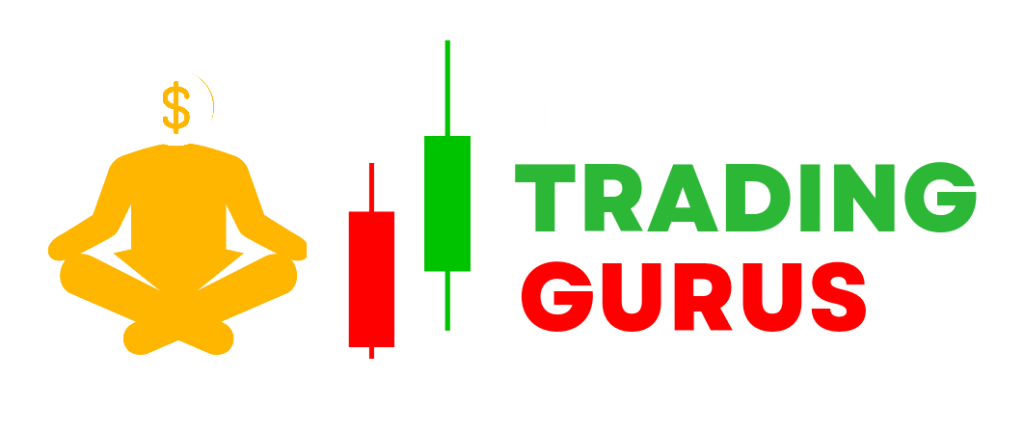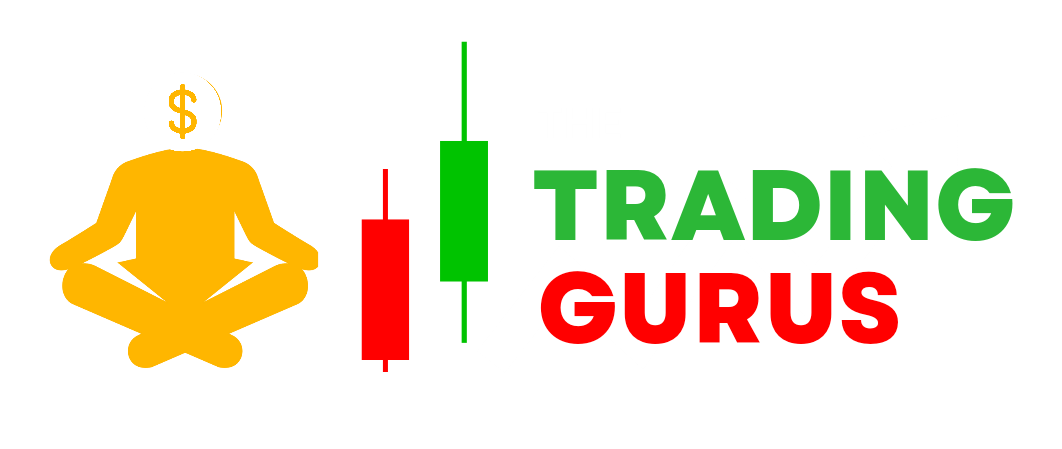Forex Trading in Germany: A Comprehensive Guide

Introduction
Forex trading, also known as foreign exchange trading, has gained popularity worldwide, including in Germany. As one of the largest financial markets globally, forex trading offers German investors and traders numerous opportunities to participate in the dynamic currency market. In this article, we will provide a comprehensive guide to forex trading in Germany, covering important aspects such as regulations, broker selection, tax considerations, popular trading strategies, and key tips for success. Contact now to learn forex trading in Germany
Regulatory Environment is very important trading in Germany
Forex trading in Germany is regulated by several entities, primarily the Federal Financial Supervisory Authority (BaFin). BaFin oversees financial markets, including forex brokers, to ensure compliance with legal and regulatory standards. It is crucial for German traders to choose regulated brokers authorized by BaFin or other reputable regulatory bodies, as this provides protection against fraud, ensures fair trading practices, and safeguards client funds.
Choosing a Forex Broker also very important in forex Trading in Germany
Selecting a reliable forex broker is essential for German traders. Consider the following factors:
a. Regulation: Ensure the broker is regulated by BaFin or another reputable regulatory authority.
b. Security: Look for brokers that offer robust security measures, including encryption and segregated client accounts.
c. Trading Platform: Evaluate the broker’s trading platform for user-friendliness, features, and compatibility with your devices.
d. Product Range: Check the availability of currency pairs, commodities, indices, and other financial instruments that align with your trading preferences.
e. Customer Support: Assess the quality and responsiveness of customer support services, including local language support.
Tax Considerations
German traders engaging in forex trading should be aware of tax obligations. Generally, profits generated from forex trading are subject to taxation. The tax rate depends on the individual’s tax bracket and the holding period of the investments. Traders are advised to consult a tax professional or refer to official tax guidelines to ensure compliance with German tax laws and to determine the specific tax treatment of their forex trading activities.
Popular Forex Trading Strategies
Various trading strategies are employed by German forex traders. Some commonly used strategies include:
a. Trend Following: Traders identify and trade in the direction of prevailing trends, using technical indicators to confirm entry and exit points.
b. Breakout Trading: Traders aim to profit from significant price movements that occur when price breaks through key support or resistance levels.
c. Range Trading: Traders identify and trade within established price ranges, buying at support levels and selling at resistance levels.
d. Carry Trading: Traders take advantage of interest rate differentials between currencies, aiming to profit from both exchange rate fluctuations and interest payments.
Risk Management and Trading Psychology
Successful forex trading in Germany relies on effective risk management and a disciplined trading mindset. Consider the following:
a. Use Stop-Loss Orders: Set predefined levels to limit potential losses and protect your trading capital.
b. Position Sizing: Determine appropriate position sizes based on risk tolerance and account size.
c. Emotional Control: Manage emotions such as fear and greed, as they can negatively impact trading decisions. Stick to your trading plan and avoid impulsive actions.
d. Continuous Learning: Forex markets are dynamic and constantly evolving. Stay updated with market news, economic events, and trading strategies to enhance your skills and adapt to changing market conditions.
Education and Resources
German traders should invest in education and utilize available resources to improve their forex trading knowledge. Attend seminars, webinars, and workshops conducted by reputable forex educators. Additionally, leverage online resources such as trading forums, educational websites, and market analysis platforms to stay informed and exchange ideas with fellow traders.
Conclusion
Forex trading in Germany provides a gateway to the exciting world of global currency markets. Traders should prioritize choosing regulated brokers, understanding tax obligations, implementing effective trading strategies, and practicing risk management. By developing a solid foundation of knowledge and continuously improving skills, German traders can navigate the forex market with confidence and increase their chances of success.


